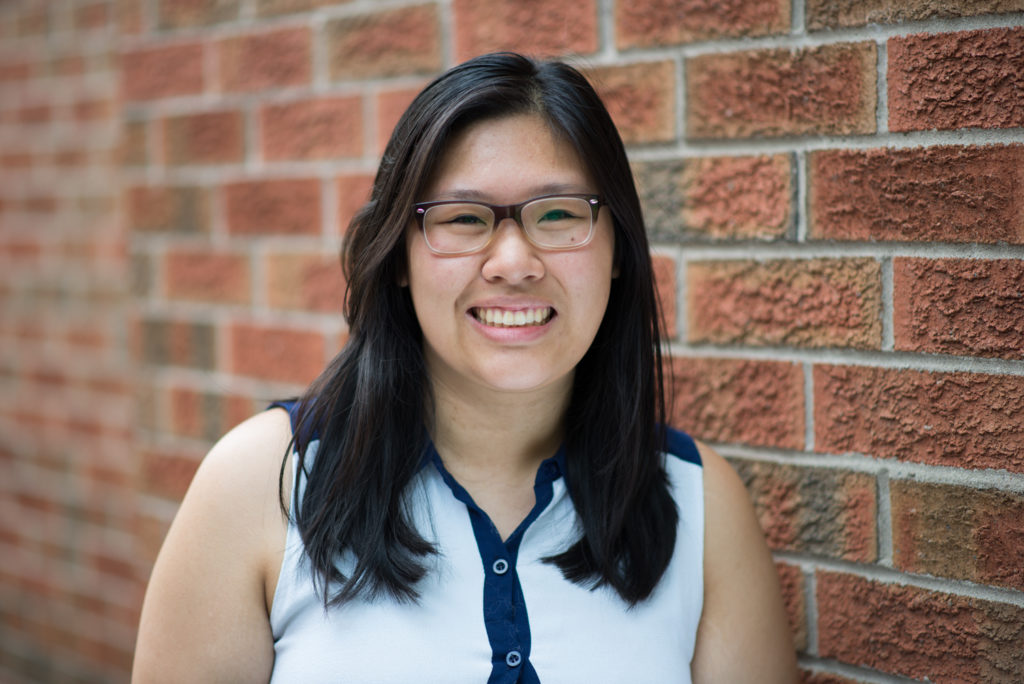This month we talked with Tayler Wong, CMRRA’s Workflow Coordinator, and discussed her journey with music licensing and the growth and influence of the Asian-American Pacific Islander (AAPI) community in the music industry.
You attended Ryerson University for Creative Industries and specialized in Media Business & The Music Industry, tell us more about how your education paved the path to becoming the Workflow Coordinator at CMRRA.
I’ve always been interested in the licensing and publishing side of the music industry. Going into my first year at Ryerson University, it was one of the areas I wanted to learn more about. Throughout the four years, my schooling confirmed that licensing and publishing was the path I wanted to pursue.
I graduated in 2017 and began searching for licensing-related jobs, and that is how I ended up working at CMRRA. I’ve held a number of roles at the company: Licensing and Royalties Administrator, Major Label Liaison, and now, Workflow Coordinator. I would say my education gave me a great foundation when I first began working at CMRRA, but a great part of what also propelled me into the role I have now was my curiosity to continue learning, my problem-solving skills, and my ability to stay organized.
What does an average workday look like for you at CMRRA?
Working as the Workflow Coordinator for the Tariff and Major Mechanical Licensing teams, my day bounces back and forth a lot (it gets especially busy during our quarterly royalty distribution and processing periods!).
Generally speaking, I monitor and evaluate outstanding work for both the Tariff department and the Major Mechanical Licensing department. Based on discussions I have with my supervisors, I assign the department’s work and prioritize accordingly. Once everyone is settled and has enough to keep them busy, I work right alongside them attending to the same priority work. It can be anything from licensing controlled composition products, updating musical works (songs) or processing royalty files.
Last month was Asian-American Pacific Islander (AAPI) Heritage Month, and you curated a playlist for CMRRA staff with some of your favourite Asian artists. Do you think Asian artists have changed the music industry over the last few years?
From my East-Asian perspective, I believe the growth of Asian artists in Western mainstream music is synonymous with the growth of the information age and global connectivity. With YouTube, there was suddenly a platform where there were fewer gatekeepers and red tape from the traditional media outlets. Asian artists could upload their music freely. In the early days of YouTube, Asian entertainers gained massive popularity because this was the only place where we could see faces like ours on screen such as Ryan Higa, Wongfu Productions and Kina Grannis. Today, people are able to listen to and find music globally and have access to a slew of artists that they would have never been able to access before. The ability to connect with people around the world has most definitely contributed to the popularization of K-pop music and the worldwide success of BTS.
There are actually many internationally successful AAPI artists working in Korea because there were limited-to-no-opportunities for success in the Western music industry (e.g. Rosé from Blackpink, Eric Nam, Tablo from Epik High, Jay Park). For years, even to some degree now, it was the only avenue where the AAPI community could be accepted and have a career.
Today the community can look to American mass media company, 88rising, as they focus on promoting and cultivating Asian artists including Joji, Rich Brian, Niki and more. Filipino-Canadian R&B duo Manila Grey are nominated for Breakthrough Group of The Year at the 2021 JUNO awards. Internationally speaking, record-breaking and Grammy-nominated BTS have become a gateway for a lot of Western society who never ventured outside of Western music to give non-English speaking music a chance. However, as I mentioned when I shared my curated playlist [with CMRRA staff] last month, BTS to this day continue to face racism and discrimination. As we’ve seen throughout this pandemic, deep rooted racism is still very prevalent which is clearly indicated by the extreme rise in hate crimes. Overall, I would say we’re slowly making progress but we definitely have a long way to go.
Listen to Tayler Wong’s AAPI playlist here:
Spotify | YouTube
Thinking about becoming a client of CMRRA? Already a client but you have questions? Email us at [email protected] and we’ll get you the answers you need.



